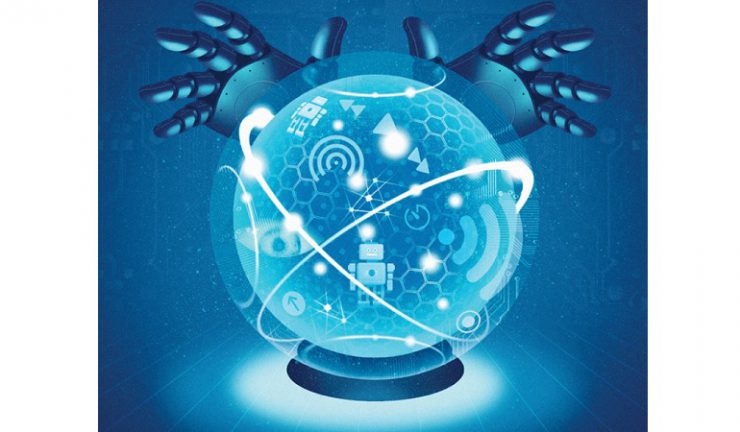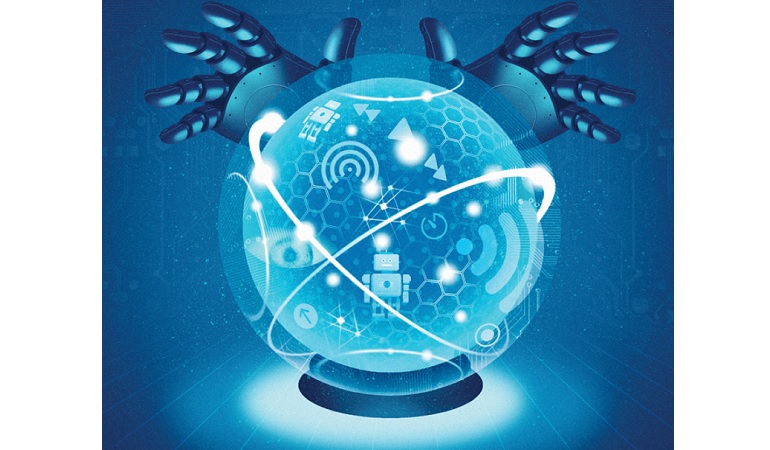Deloitte has released its annual Technology, Media and Telecommunications (TMT) Predictions report, marking a distinct shift as technologies that were ‘just around the corner’ finally arrive, with the promise of significant efficiency dividends.
Deloitte lead TMT partner, Kimberly Chang said the 2020s are shaping up to be an interesting new decade for TMT organisations.
“Technologies that have been evolving over the years are coming together in a converged way that will amplify impact and create opportunities that will transform not just the TMT world, but every industry,” she said.
Smartphones and wearables
Deloitte predicts 94% of Australians will have access to a smartphone device in 2020, up from 91% in 2019, as the country moves toward complete smartphone saturation.
Apps, mobile advertising, hardware and wearable accessories will dominate, accounting for nearly 80% of the multiplier market, which is valued at circa $4.1 billion in Australia.
Deloitte telecommunications lead partner, Peter Corbett said, “It is clear that smartphones are a critical part of our everyday lives. As consumers actively try to limit their mobile use, wearables are finding a strong foothold in the market. Fitness bands are now at 22% adoption and the Apple Watch is the number one sold watch globally.
“We also predict that apps will accelerate the decline of wallet and key usage as our smartphone takes over these functions. We increasingly pay for our groceries via watch or phone and car companies are now creating digital car keys for more seamless car sharing.”

Artificial Intelligence
A new wave of edge Artificial Intelligence (AI) chips will reduce frustrations caused by lack of internet connection on smartphones by bringing AI directly to the device.
Deloitte predicts that in 2020, more than 750 million edge AI chips will be sold globally and in Australia, 66% of smartphones sold will carry edge AI chips, up from just 20% in 2018. This will bring to life features such as facial recognition, voice-based interactions and translation.
“Most consumers don’t realise that the majority of apps we interact with today have a level of AI already built in. But to make the magic on these apps work, you need constant connection to the network to process information centrally,” Corbett said.
“Edge AI chips are physically smaller, inexpensive, use less power and generate less heat than current chips, making them easy to integrate into a handheld device like a smartphone. Businesses that invest in edge AI will see improvements to productivity, efficiency and security. AI has promised progress for many years and as it moves to the edge it will continue to deliver.”
Private 5G networks
One year after the commercial rollout of 5G in Australia, Deloitte predicts that private 5G will take off in 2020 with enterprises expected to run trials before the end of the year.
Unlike a public network, a private 5G network can be optimised and configured to a location’s needs. It allows companies to customise the network’s deployment timetable and coverage quality while being more secure.
“As companies look to upgrade or replace existing technology systems, 5G could replace the cable to deliver the possibility of fully mobile solutions particularly in private precincts such as warehouses, mines sites, ports and campuses,” Chang said.

